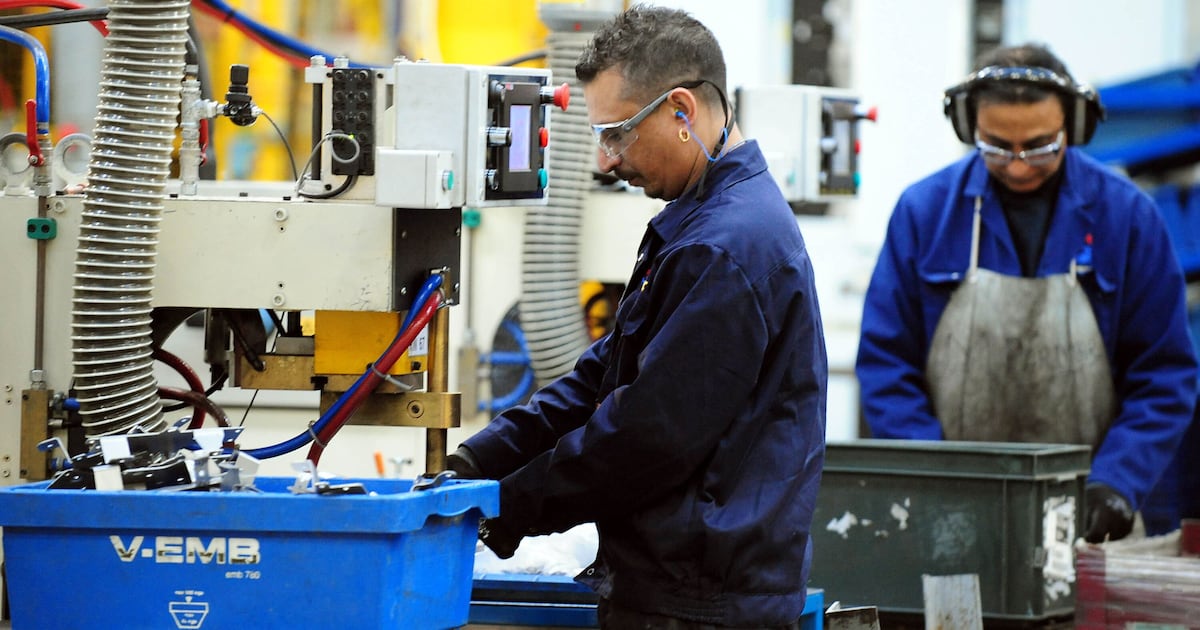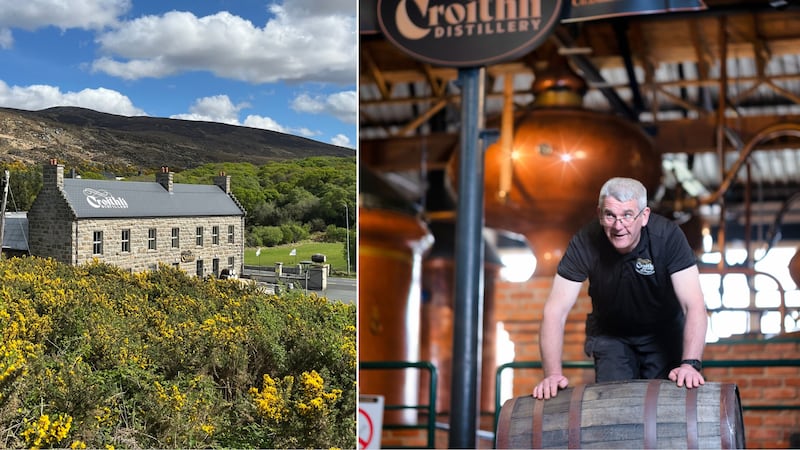In March, the Department for the Economy released the final economic output statistics report for the year 2024, which showed that in the fourth quarter the production sector increased by 1.4% quarterly and 2.4% annually.
Only one sub-sector drove these increases by posting both quarterly and annual increases – manufacturing.
May is Manufacturing Month, allowing us all the opportunity to celebrate the great people in great businesses who contribute so much to creating work and wealth right across Northern Ireland.
In recent years, manufacturing in Northern Ireland has grown more than four times faster than the rest of the UK, to the point where the sector now accounts for 11% of direct employment and over 15% of gross value added.
The fourth quarter of 2024 also saw employment in the sector increase to over 90,000 jobs, coming at a time when GB’s manufacturing sector decreased by 1.3%. Indeed, the sector has a broader impact with more than 150,000 jobs supported elsewhere in the NI economy through supply chain and indirect jobs wholly supported by the value of wages paid by the sector. In total, one in four families in Northern Ireland rely, directly and indirectly, on a manufacturing wage.
No other sector delivers ‘good jobs’, at scale, in every rural and urban community.
Thanks to innovative leaders and an industrious workforce, our manufacturing sector is a success story. The strong focus on problem solving, R&D investment, and continuous improvement ensures the sector continues to grow and the jobs remain some of the most fulfilling in Northern Ireland.
The sector is acutely aware of the challenges facing it, including productivity and the availability of labour, decarbonisation, and changing tax landscapes, as well as some of the most expensive energy prices in Europe.
Manufacturing Month, and indeed our Anchor High Leadership Summit, is a platform to challenge our manufacturing leaders to think differently about their businesses. Despite facing a challenging landscape, our vibrant manufacturers demonstrate remarkable resilience, embrace change, and capture opportunities.
Our ‘makers’ recognise that while ‘trade wars’ might be beyond the control of the powers that be here – and policy choices such as national insurance and inheritance tax, are for the UK Government – areas such as affordable, competitive energy, a skills environment that meets the needs of the economy, and investing in infrastructure, are not.
For decades, manufacturing has created good jobs distributed across NI’s regions, but to deliver on the Executive’s productivity and net zero ambitions, we require intervention and long-term policy stability and support for private investment.
Stephen Kelly, chief executive of Manufacturing NI (DARREN KIDD)
Even in times of strife elsewhere in the economy, we have shown manufacturing can power a productive future for Northern Ireland; if the Executive and UK Government work with us, we can truly tap into the sector’s potential to deliver on growth and economic goals.
- Stephen Kelly is chief executive of Manufacturing NI

